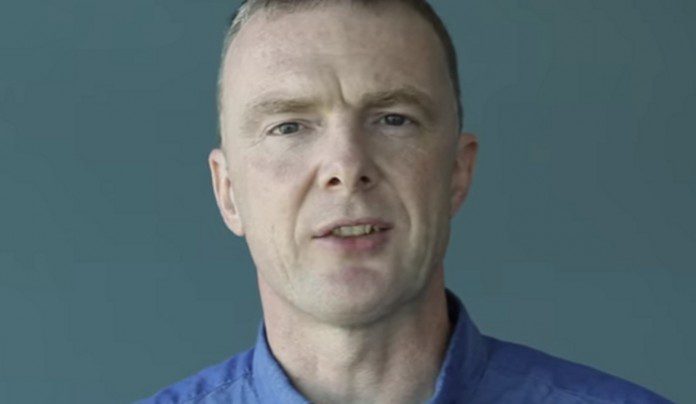School is an institution where you are educated, formed, and trained to become the individual you are meant to be. You will be exposed to new things and learn about the many aspects of life. It is where you will discover and hone your talents, intelligence, and skills. It is a place where you can freely grow your world. However, some people think that schools should not have too much freedom in what they teach students. They believe that certain topics, books, and learning materials should be censored.
This issue has long been existing in schools and there have been several cases where certain literary works or historical texts have already been pulled out because they were too ‘controversial’. Will censorship improve or hinder a child’s learning experience?
List of Pros of Censorship in Schools
1. It limits children’s exposure to violent, sexual, and other harmful topics.
Some parents do their very best to protect their kids from harmful content on the internet and television at home. However, they aren’t the ones in control in school, so censorship will help make sure that the materials and topics their children will learn at school won’t also contain harmful content.
2. It allows teachers to decide more quickly what to include in a curriculum.
Since there are certain books and materials that are censored, teachers will have a guide on narrowing down what to discuss and use in their lessons. This can make their curriculum planning a quicker task.
3. It allows parents to have a more active role in what their kids learn.
Censorship gives parents a chance to express their concern about what their children are being taught. They can request to have certain topics and materials removed from the lesson plan if they believe it can be harmful, discriminating, or offensive to their race, culture, religion, or values.
List of Cons of Censorship in Schools
1. It limits a teacher’s freedom and creativity in methods and materials.
Teachers need to be creative in how they present lessons and how they can get through to students depending on their age and learning abilities. By censoring certain topics and materials, they won’t have as many resources as they might need to teach effectively.
2. It makes kids ignorant about the real world.
It is understandable that parents want to protect their kids from the bad things in this world. But limiting their children’s views and exposure to facts and real issues can also be harmful. For example, not informing students about reproduction, discrimination, violence, and abuse can leave them shocked, overwhelmed, or misinformed when they venture into the real world. How can they become successful businessmen or diplomats if they won’t be able to learn about and respect other cultures, religions, and races? How can they protect themselves and make the right decisions if they don’t know about STDs and unwanted pregnancies?
3. It can have a snowball effect.
Once you give in to one group’s request to ban certain topics or materials, it won’t be long before another group has another concern and asks for something else to be censored. Will schools cater to all the requests? What will be left to teach then?
Schools are supposed to prepare students so that they can survive and thrive in the real world. If censorship will limit their education, how will they cope with the ever changing social climate and real life?
Crystal Lombardo is a contributing editor for Vision Launch. Crystal is a seasoned writer and researcher with over 10 years of experience. She has been an editor of three popular blogs that each have had over 500,000 monthly readers.


















